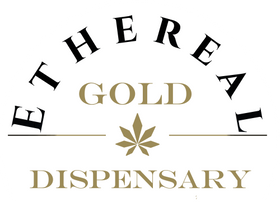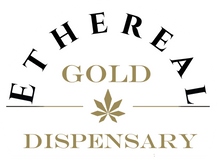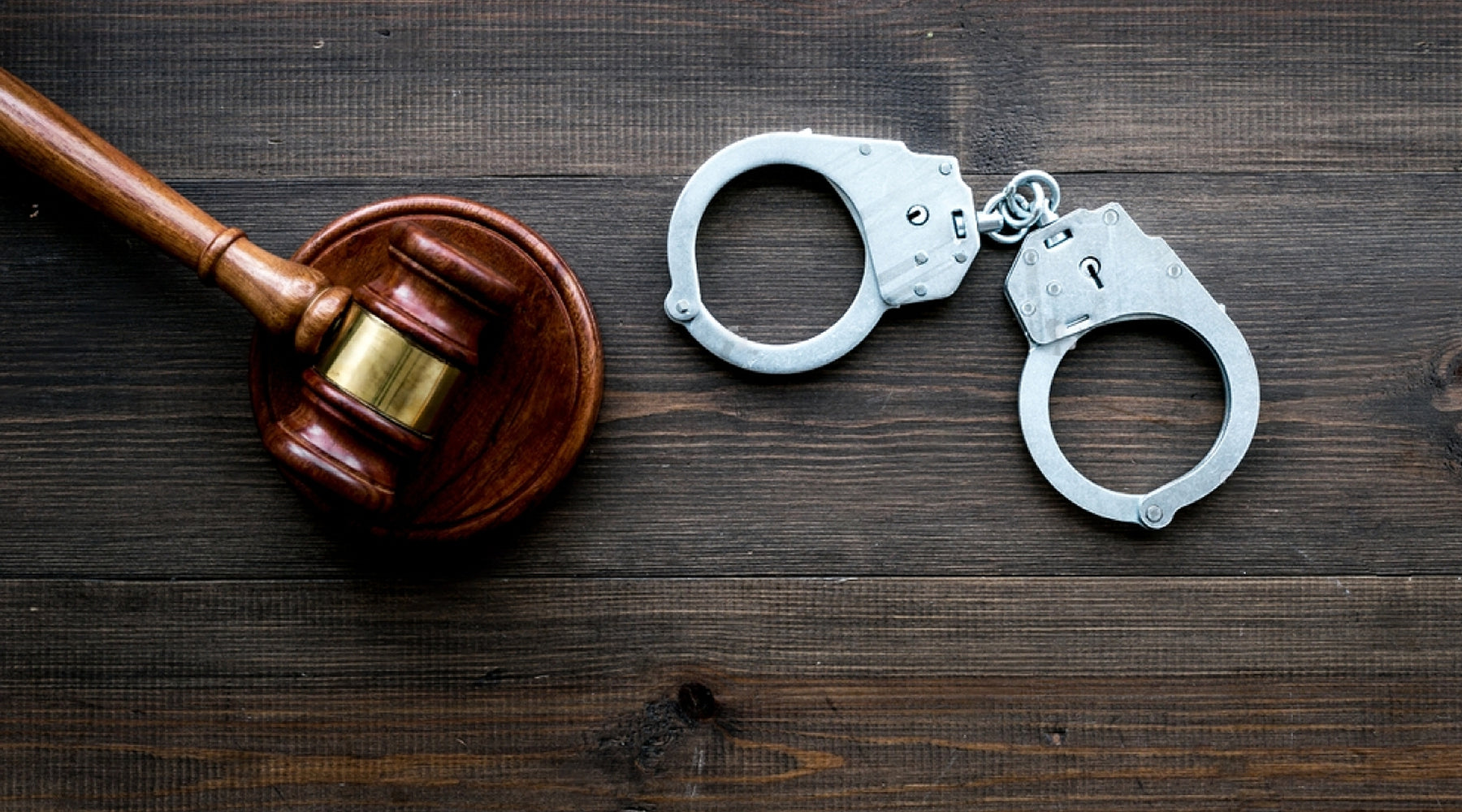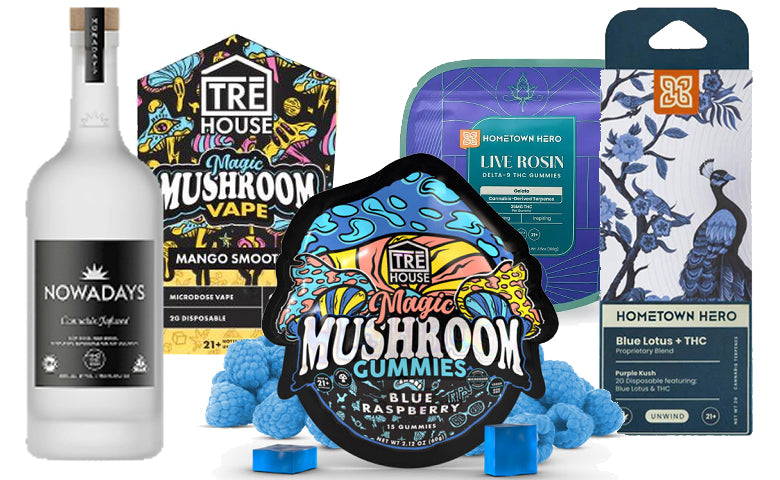With the surge in the popularity of hemp-derived products, there has been an influx of questions surrounding the legality of specific compounds found within the hemp plant. A question on many consumers' and producers' minds these days is, "Is THCa legal?" Given the rapid changes in legislation and the growing curiosity around THCa hemp flower, vapes, and their potential high, it's crucial to be informed about the current legal status.
Understanding THCa
Before diving into the legalities, it's essential to understand what THCa is. THCa (tetrahydrocannabinolic acid) is a precursor to the well-known Delta-9 THC (tetrahydrocannabinol). When the hemp flower is exposed to heat through a process called decarboxylation, THCa is converted to Delta-9 THC, the psychoactive compound responsible for the high associated with marijuana. The interest in THCa flower and vape products has been fueled by its potential to skirt around the regulations set forth by the 2018 farm bill. The bill states a product must be under 0.3% Delta-9 THC by dry weight when using methods of testing that are post-decarboxylation. This means that by definition hemp must be tested using a method that would turn THCa into Delta-9 THC in order to be considered a valid test.
The 2021 Amendment to the Farm Bill and Its Impact on THCa
The 2018 Farm Bill initially legalized the cultivation, production, and sale of hemp and its derivatives, provided that they contain less than 0.3% THC on a dry weight basis. However, many wondered if this automatically meant that THCa hemp flower was legal given its non-psychoactive nature in its raw form.
This grey area prompted discussions, and it was the 2021 amendment to the Farm Bill that provided more clarity. According to the Establishment of a Domestic Hemp Production Program published in January 2021, there were specific testing regulations set in place. This rule can be found in detail on the Federal Register.
The stipulations require labs to include the potential conversion of THCa into THC when determining THC concentrations, thus taking into account the "total potential THC" content. What this means is, even if a hemp product has a THC content below 0.3% but has a higher THCa content that, when converted, will cause the total THC to exceed 0.3%, which would be deemed illegal.
So, Is THCa Hemp Flower Legal?
Given the testing regulations set by the 2021 amendment, if the THCa content in the hemp flower could potentially convert to bring the total THC content above the 0.3% limit then it is not compliant with federal regulations — making it illegal federally.
That means if you are buying any THCa flower, vapes, or even edibles (note: THCa edibles don't decarb when you eat them so they won't give a high), you are outside of federal legality and (depending on your state) state legality for what is considered legal hemp.

Wrapping Up | The Good News
It's essential to note that while the federal guidelines provide a baseline, individual states might have their nuances regarding hemp and THCa regulations. Always stay informed about your state's laws and ensure you purchase from reputable sources that provide accurate and comprehensive full panel lab results. As the industry continues to evolve, and as research on THCa expands, we might see further updates and changes to the current regulations. Until then, always stay informed and cautious when it comes to THCa flower, vape, and other products.
On the bright side of the federally legal cannabis markets, there are lots of options for products that will give you a high — while staying within the federal and state legality! Look for products like hemp-derived cannabis smokables as these cannabinoids (which are naturally found in cannabis) can be well under the 0.3% legal requirement while having even more THC content than even THCa flower! To lessen the blow of those of you who were hoping for THCa legality, we have a 10% discount code available if you use SEPTEMBERBLOG at check out. You can trust Ethereal Gold Dispensary — where you can enjoy full panel tested federally legal cannabis delivered right to your doorstep.
FAQ
What is THCa and how is it different from THC?
THCa, or tetrahydrocannabinolic acid, is the precursor to THC (tetrahydrocannabinol). In its raw form, THCa is non-psychoactive. However, when exposed to heat or aged, THCa converts to THC, the compound responsible for the psychoactive "high" associated with marijuana.
Wasn't hemp made legal through the 2018 Farm Bill?
Yes, the 2018 Farm Bill legalized the cultivation, production, and sale of hemp and its derivatives, but with a stipulation: these products must contain less than 0.3% THC on a dry weight basis.
Is THCa hemp flower legal federally in the U.S.?
The 2021 amendment to the Farm Bill provides clarification on this matter. The testing regulations demand that the potential conversion of THCa into THC is considered. If the total potential THC content (after possible conversion) exceeds 0.3%, the hemp product is not compliant with federal regulations and is thus illegal.
Does the presence of THCa in hemp products mean they can make you high?
THCa itself is non-psychoactive, so it won't get you high in its raw form. However, if exposed to heat (as in the case of smoking or vaping), THCa can convert to THC, which has psychoactive effects.
Can states have different regulations about THCa hemp flower?
Absolutely. While the federal guidelines set a standard, individual states might have their own specific regulations concerning hemp and THCa. It's always recommended to stay informed about your state's laws regarding hemp products.







